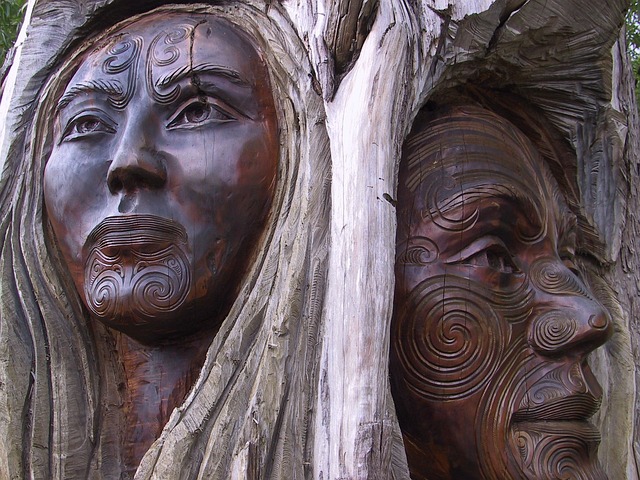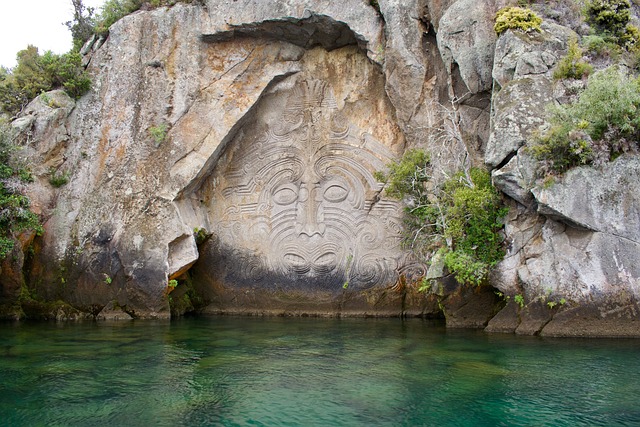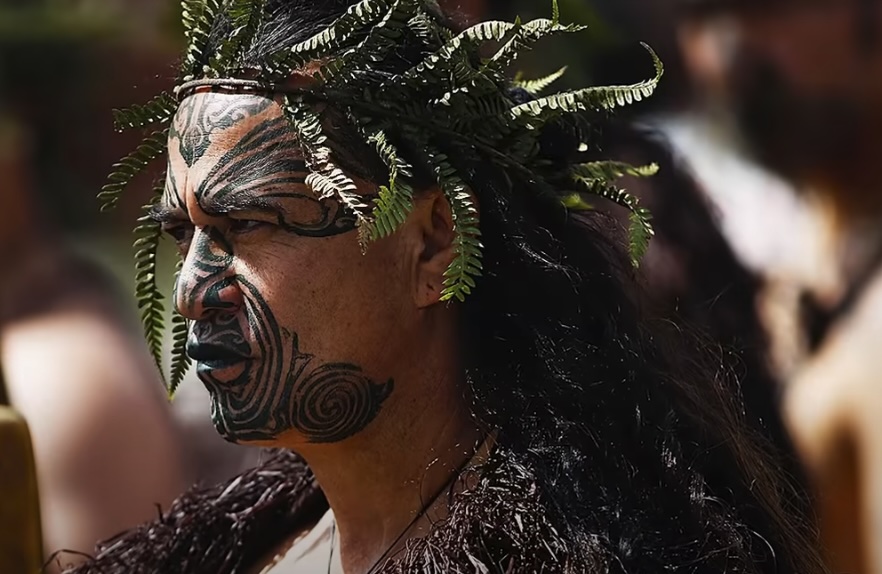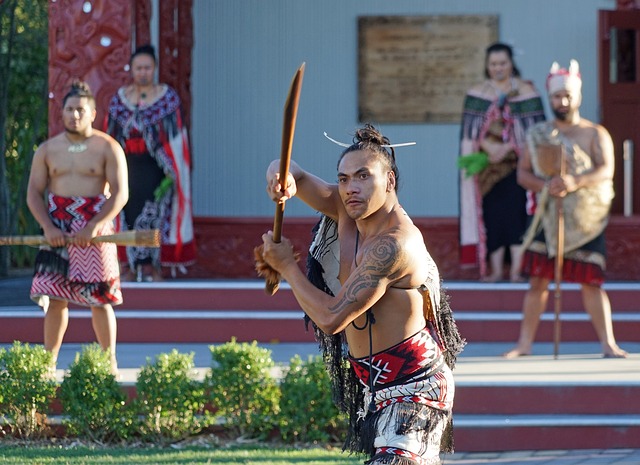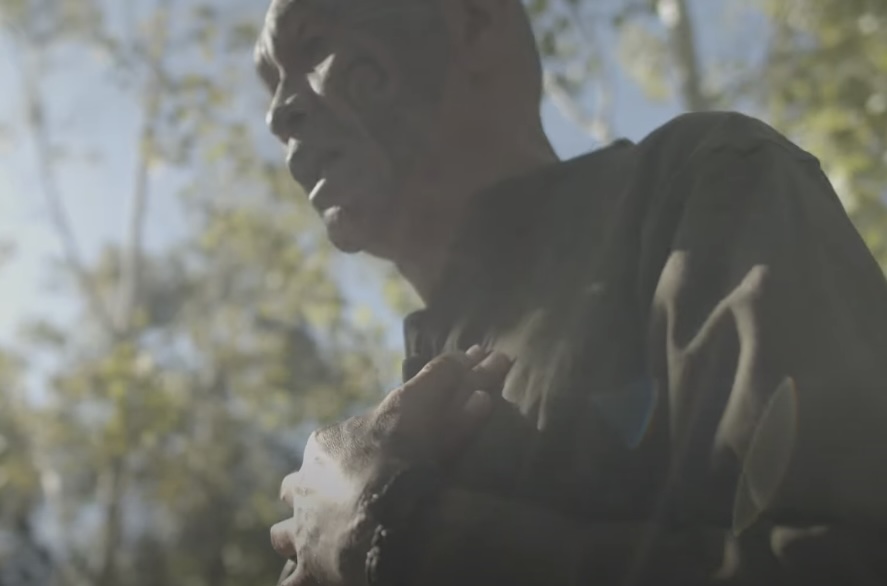Whangai is the Maori practice of adoption. It may be inter family, intra family intertribal or intra tribal. In some cases it may even be inter racial: there are many cases where European children have been raised by Maori.
The subject was raised by Timoti Karetu at the receiving of his award at the Marae. Notwithstanding his blood ties to Waimarama, Timoti was a whāngai and a very spoilt one at that.
Our ancestors were very realistic people and despite all of the biological urges that would fuel the drive to widen the gene pool there was a much more matter of fact approach when it came to ‘whangai’ or adoption.
Children are given on request. There is no stigma or attempt to hide parentage and there is no attempt to isolate the child from their biological family. Whangai children are highly valued and often very spoilt. A recent TV programme on ‘whangai’ highlighted the fact that many contemporary Maori leaders were and are ‘whangai’
An interesting ‘whangai’ story here in Waimarama is almost a reversal of the Maori practice. In the 1860s Gertrude Meinertzhagen, one of the great farming station owners here in Waimarama asked for and was given a young Maori baby boy called Tame Te Hauturu.
Tame Te Hauturu was the son of Wi TeMaangi and Horiana Te Wharepu, high ranking leaders in Waimarama at that time. It is possible to take a somewhat cynical view of this adoption as much of the land currently being leased by Gertrude belonged to Tame Te Hauturu’s parents.
Tame Te Hauturu was raised alongside Gertrude’s other children appearing in family portraits. Even when Gertrude returned to live in England Tame Te Hauturu accompanied them. Sadly he contracted hooping cough and died there; aged seven I think. His memorial gravestone is still there today, a testament to a cherished child.
‘Whangai ‘ are often downgraded because of their so called ‘lack of true blood’. I have spoken of this before and will say it again.
‘Genealogy tells us where you have come from but is no indicator of your worth and value as a person, that is up to you’
‘Whangai’ are important.
The last word should be left to the people who first introduced the concept of ‘whangai’ our ancestors.
If they were here today they would still proudly declare their love and support for these sons and daughters and that is enough.
